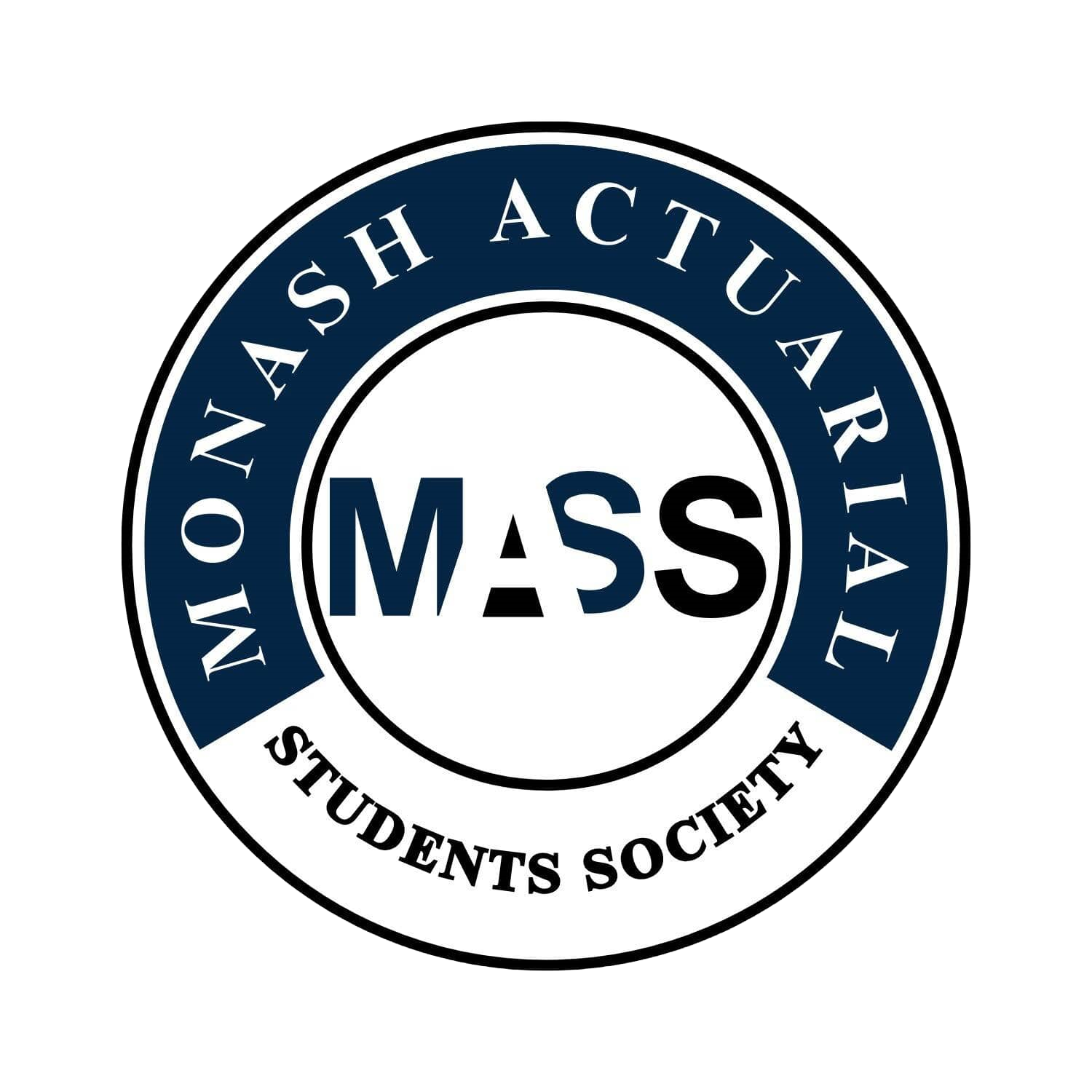ETC3250 Introduction to Machine Learning
Difficulty:
Year Completed: Semester 1, 2022
Prerequisite: ETC2420 or ETC2560
Exemption: N/A (prerequisite for other units)
Mean Setu Score: 63.42%
Clarity of Learning Outcomes: 57.58%
Clarity of Assessments: 66.67%
Feedback: 63.64%
Resources: 62.50%
Engagement: 75.56%
Satisfaction: 54.55%
Subject Content:
Lecture(s) and Tutorial(s):
Textbook(s):
Assessments:
Select and develop appropriate models for clustering, prediction or classification.
Estimate and simulate from a variety of statistical models.
Measure the uncertainty of a prediction or classification using resampling methods.
Apply business analytic tools to produce innovative solution in finance, marketing, economics and related areas.
Manage very large data sets in a modern software environment.
Explain and interpret the analyses undertaken clearly and effectively
1 x 2 hour lecture (hybrid)
1 x 1.5 hour tutorial
No materials were recommended or required.
Weekly Quizzes: 3%
Assignment 1: 9%
Assignment 2: 9%
Assignment 3: 9%
Project: 10%
Final Exam: 60%
Comments
The course offers an in-depth exploration into various modeling techniques such as linear, generalized, mixed random effects, and non-parametric modeling. It emphasizes continuous improvement in data modeling strategies, making it highly relevant for those interested in programming and statistical modeling. Despite some models not being the latest in industry standards, the course's practical approach to assignments and its focus on research and modelling tasks make it valuable across different disciplines.
Lectures are engaging and provide a solid foundation for understanding complex modelling techniques. It is recommended to review lecture slides before attending to enhance comprehension and keep pace with the material presented. The lecturers play a crucial role in clarifying doubts and ensuring that students grasp the concepts effectively.
Tutorials, while not mandatory, offer a wealth of content and a fresh perspective on statistical analysis. They are particularly beneficial for developing good research practices and improving R programming skills, especially in data cleaning and modeling. Attending tutorials and actively participating can significantly enhance one's understanding and application of the machine learning models.
The course assessment includes three practical assignments based on R programming and a theoretical exam. The assignments are well-structured to apply theoretical knowledge to practical scenarios, whereas the exam focuses on the theoretical underpinnings of the models taught. Attention to the marking rubric post-assessment is advisable to understand and rectify any minor errors, with tutors being responsive to any concerns raised.
This course is commendable for its structured approach, blending theoretical knowledge with practical application. It is especially beneficial for those looking to apply statistical modeling in various fields, not limited to actuarial science. The course's emphasis on practical assignments, coupled with the support and engagement from lecturers and tutorials, makes it a worthwhile endeavour for anyone looking to deepen their understanding and application of statistical models.
General Overview:
Lectures:
Tutorials:
Assessments/Other Assessments:
Concluding Remarks

